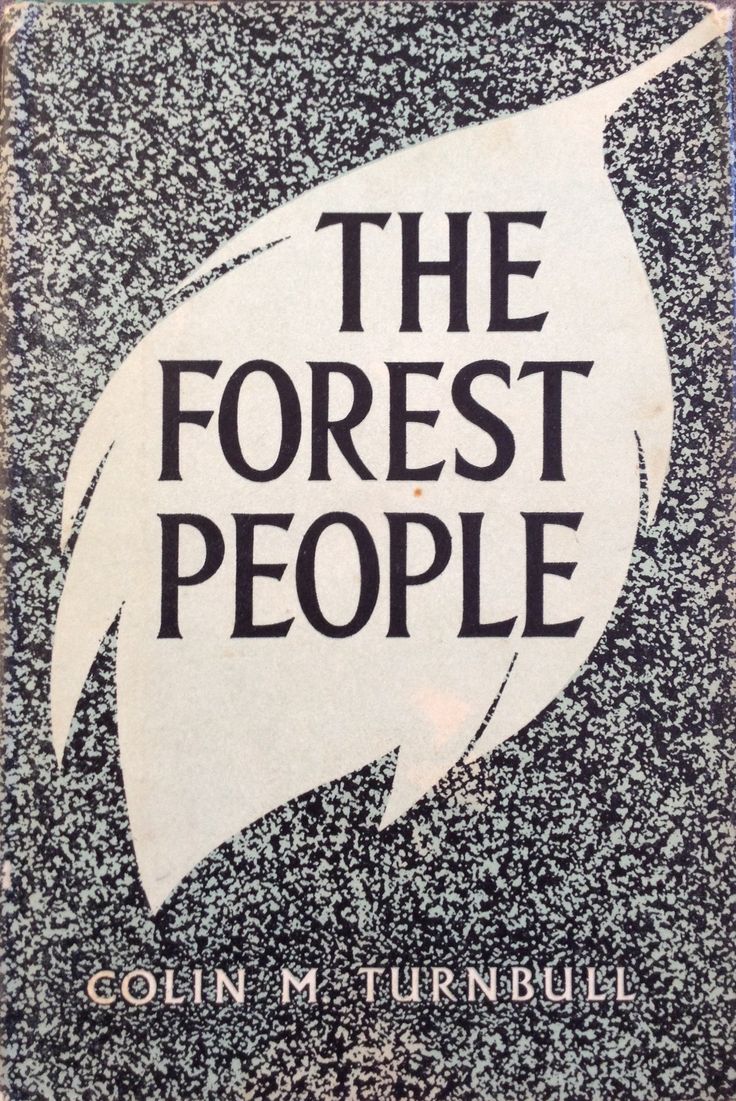A Book Report of “The Forest People” By Colin Turnbull
Turnbull’s (1962) The Forest People is an anthropologic account of Pygmies from the Ituri Forest in Congo, Belgian. Turnbull shares his experience living and observing these forest people as a friend and observer. He shares the Pygmies’ daily lives and their interactions and relationships with each other and with the author. The Congo pygmies, referred to as BaMbuti, developed natural affection and attachment to the Ituri Forest, which they call home in every sense of the word. Turnbill lived with the BaMbuti people for three years, interacting and learning from their culture, providing a firsthand account of their way of life.
Turnbull (1962) describes the BaMbuti people as people who consider the forest a place that made their lives worth living; with all its problems, hardships, and tragedies, a forest is a beautiful place according to the BaMbuti people, full of happiness and joy, and free of care (p 25). In the village, the villagers surrounding the BaMbuti people, including the Sudanic and Bantu, fear the forest. The villages are located within the plantations, and the world outside the plantations is regarded as a scary place.
However, Turnbull (1962) describes the BaMbutis as the natural forest people who do not fear the forest because no danger lurks in it (p 14). The villagers referred to them as Pygmies because of their height. They were short people. Turnbull (1962) vividly describe the history of the Pygmies, asserting that they were reduced to the extent people thought of them as mythical creatures or semi-humans, hanging around tree tops by their tails and having the power to make themselves invisible (p 16).
Though presented in a prose-like narrative, Turnbull’s (1962) book provides an engaging and fascinating encounter from the beginning to the end. It constantly arouses the reader’s imagination, who steadily has to remind themselves that the book realistically represents real people from an anthropological interaction, not smartly written fiction work.






